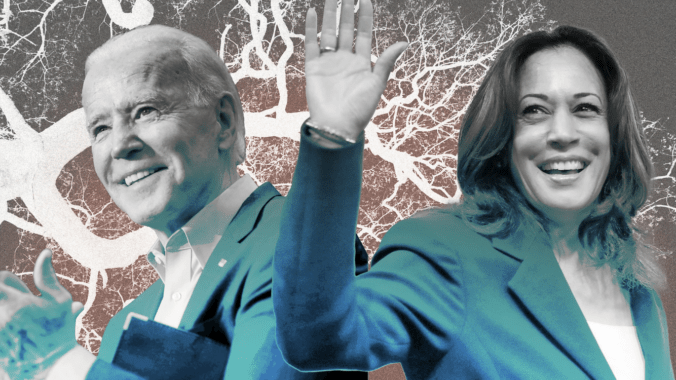After Trump won the 2016 election, the mainstream media – and even many leftists! – promoted a certain falsehood. They claimed Trump won on the strength of a working-class voter base.
The reality was much different.
In fact, Trump’s base looked similar to the typical GOP base. It differed only in degree. Trump won on the strength of voters who combined a high income with a low education. Most of these voters were a part of what Marxists call the ‘petty bourgeois’ class, and many of them were just regular wealthy people. I covered this more extensively in a 2018 post and a later Medium article.
The ‘one weird trick’ Trump pulled led to all the confusion. It’s a specific rhetorical trick. In short, Trump speaks about one audience, but to another. He often expresses the hopes and fears of working-class people, but he targets wealthier voters with the message. The press conflates the subject audience with the target audience. Readers can review that argument here.
But we’re not here to talk about 2016 or 2020. Trump won again in 2024, and the mainstream media – and even many leftists! – make the same claim.
So, how about this time? Surely Trump attracted a working-class target base in 2024, right?



